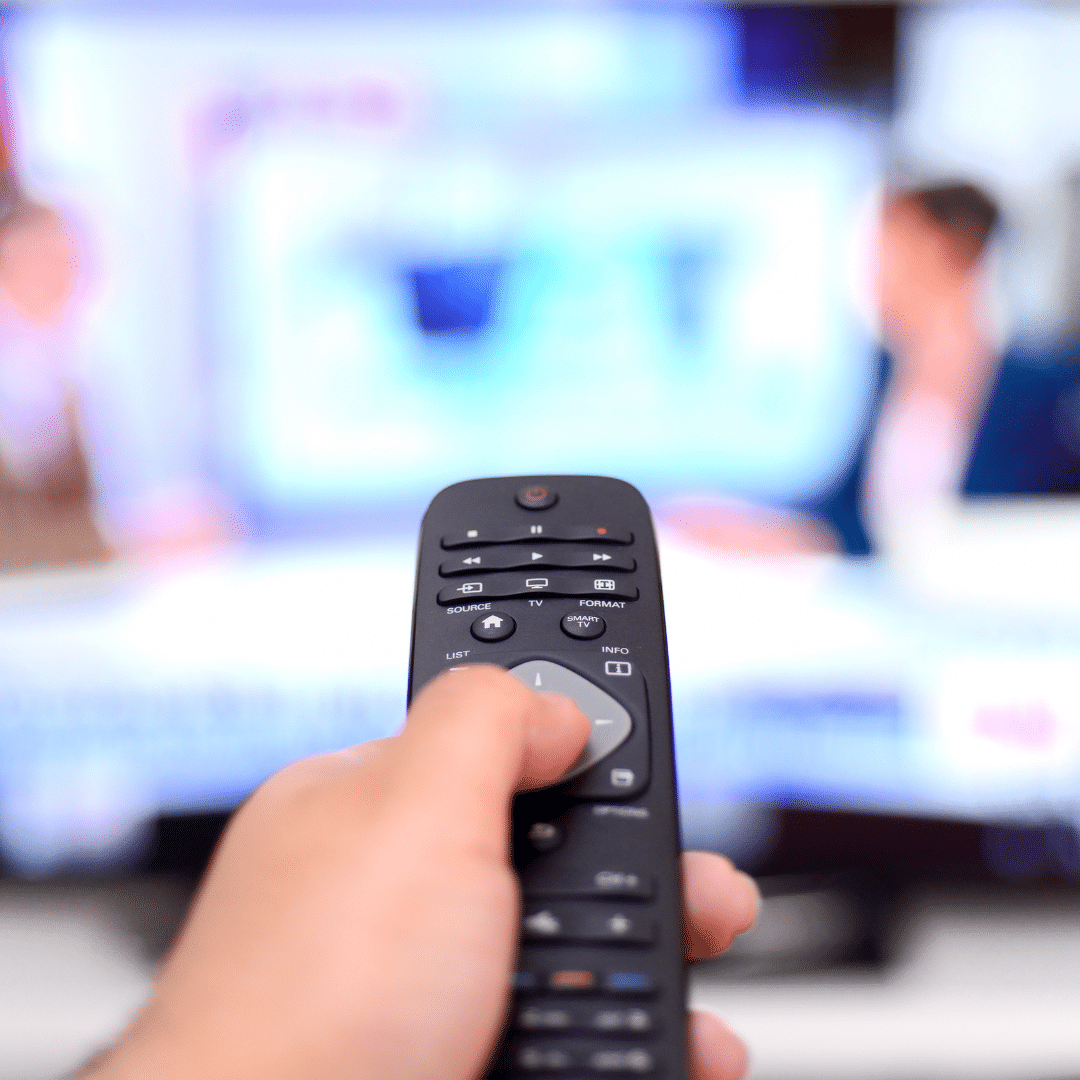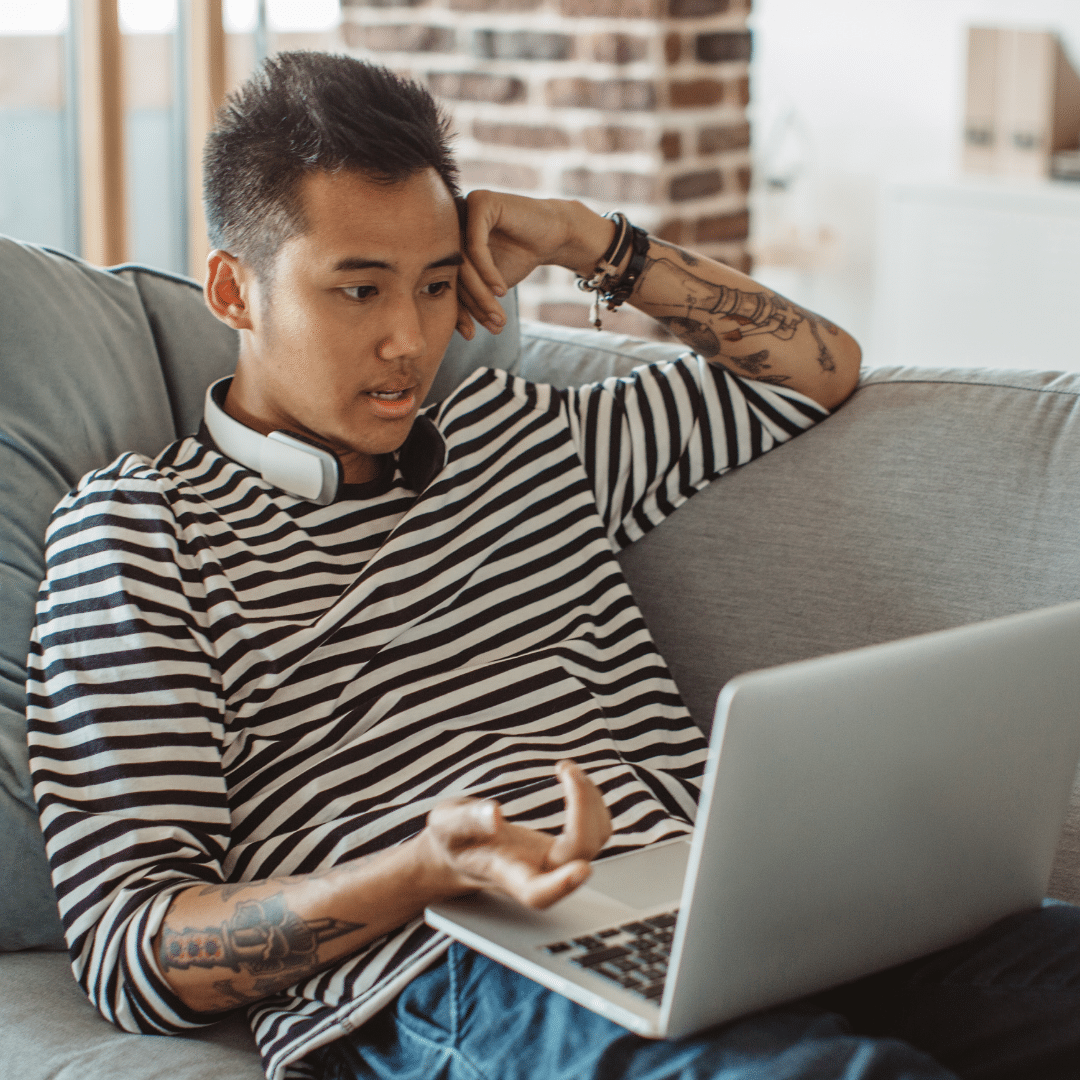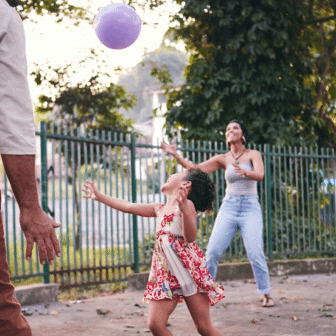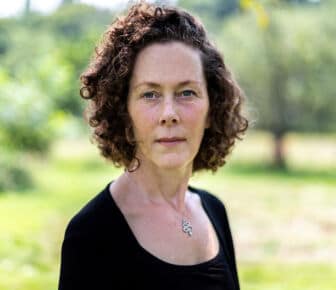By: Susan McNamara, M.A., CHHC, guest blogger
How much news should I watch? How often should I check the newsfeeds? Likely these are questions you have asked yourself before. I certainly hear them quite a bit from friends and students. Interestingly enough, these questions always seems to engender some level of confusion, frustration, and worry. But it really doesn’t have to be that way.
While there is a balance to aim for between being informed and being overwhelmed, it is different for all of us. And it differs from day to day based on how rested and fed we are, what is going on in our lives or at work, and whether we are ill or healthy.
 Looking for external answers to such a deeply personal and variable question will never give you a truly satisfying result. Why? Because only you can know your own mental and emotional limitations. That place where you feel both informed and able to make use of what you are taking in. And only you can know what kind of a life you are aiming for, and what it is that will help you get there.
Looking for external answers to such a deeply personal and variable question will never give you a truly satisfying result. Why? Because only you can know your own mental and emotional limitations. That place where you feel both informed and able to make use of what you are taking in. And only you can know what kind of a life you are aiming for, and what it is that will help you get there.
I know we like to make things complicated, which often leaves us believing we need an expert to tell us what to do. This could not be further from the truth. What to do around the news is actually quite simple.
Why do we consume news?
First, it requires taking a look at why it is that we believe we must engage with the news as we do. For instance, are you concerned you will be out of touch? That people will believe you are uninformed? Or maybe you do it out of habit, or because feeling all revved up just feels normal to you. Check in with your choices, tendencies, and any pressure to consume news.
“For the first time in my adult life I was no longer afraid.”
 I am intimately familiar with all of the above. You see, I did a “news fast” (where I stopped watching consuming news entirely) almost 25 years ago, and all of those questions, and more, came up for me. Though difficult at first to sort through, in the end, the feelings of ease and calm that showed up when I became more intentional about what I watched, far outweighed any beliefs I had about news watching. For the first time in my adult life, I was no longer afraid. Which is why I continue to be fiercely protective of what I will tune into and what I will not. The worry that fell away also allowed me to engage with my children in ways that kept us all informed without needlessly terrifying myself or them.
I am intimately familiar with all of the above. You see, I did a “news fast” (where I stopped watching consuming news entirely) almost 25 years ago, and all of those questions, and more, came up for me. Though difficult at first to sort through, in the end, the feelings of ease and calm that showed up when I became more intentional about what I watched, far outweighed any beliefs I had about news watching. For the first time in my adult life, I was no longer afraid. Which is why I continue to be fiercely protective of what I will tune into and what I will not. The worry that fell away also allowed me to engage with my children in ways that kept us all informed without needlessly terrifying myself or them.
Sometimes people have wondered if I have my head in the sand, or if I am being overly naïve. Far from it. Since that one simple decision almost a quarter of a century ago, I have come to develop a very astute awareness around what is true and what is false. And because I am not in a state of chronic trauma based on what I am ingesting news-wise, I am able to be with the world in a more empathic and present way because I am no longer over-exaggerating the issues. Dangers I had been hyper-focusing on became right-sized, and the false fears I had conjured up in my own mind, cleared.
Ask yourself.
Let’s make this simple and accessible by asking some pertinent questions:
Does how you consume news help or hurt you?
Does the information you get there allow involvement with the world in a healthy way, or does it immobilize you?
Does it help you take better care of yourself, extending the same to the world, or does it pit you against yourself and others?
Essential questions like these help us to understand not only what is behind what we do, but the consequences of our choices. Without which we will always struggle with how to be with what the world has to offer.
Be present, pay attention.
To put this into practice, pay attention to yourself. If you are already anxious, exhausted, and fearful this is not the time to take in news. Though your mind may have lots to say about why you must tune in, watch how often the news exacerbates negative mind states and moods. And instead, choose rest, sleep, zoning out, being outside, and spending time with loved ones. Watch what happens to not only your life, but to the lives of those around you when you become more intentional and aligned with the news choices you make.
About the Author

Susan McNamara, M.A., CHHC is a Certified Holistic Health Counselor and Professional-Level Kripalu Yoga Teacher. Susan is trained in Mindfulness-Based Stress Reduction and holds a Masters Degree in Counseling Psychology. She is also trained and educated at the doctoral level in Clinical Psychology. Susan is an adjunct professor at Westfield State University where she explores with her students the impact technology is having on their health and well-being as part of an overall curriculum on stress reduction.
For more than a year, Susan wrote a monthly column for The Daily Hampshire Gazette entitled Kids & Screens and has just completed her first book; Remembering What Matters Most: A Conscious Approach To Technology. For almost twenty-five years Susan has been contemplating, researching, and most importantly, living the questions around how to meet real human needs in the Digital Age, while aligning with life-affirming values, deep purpose and meaning. Find her online at: www.rememberingwhatmattersmost.com